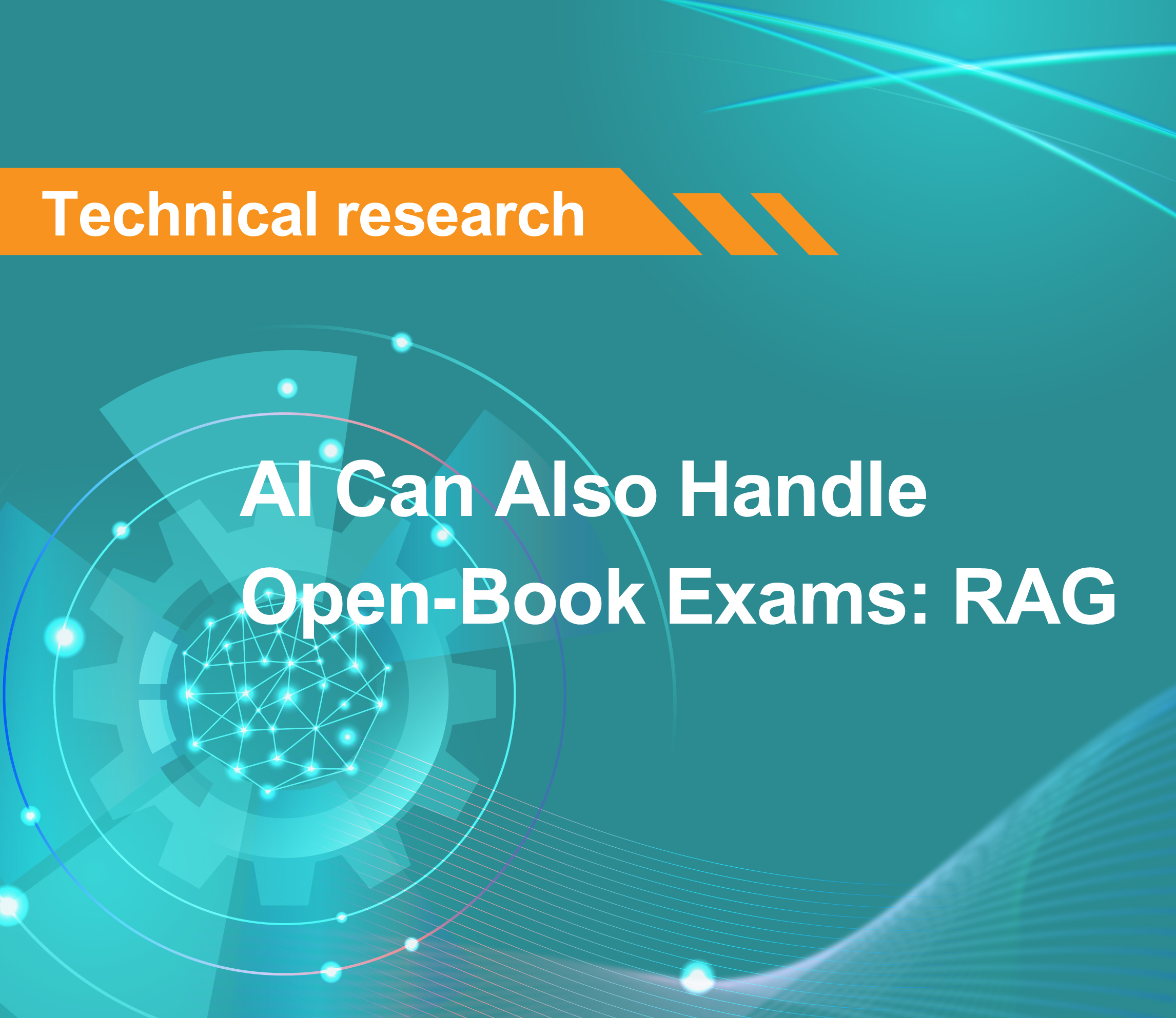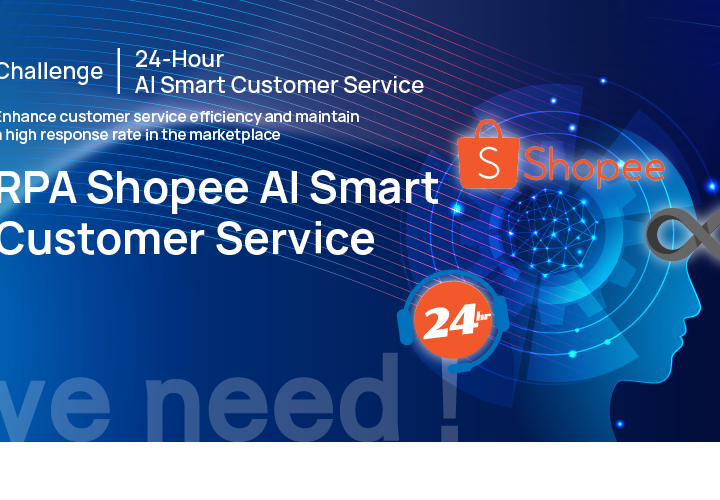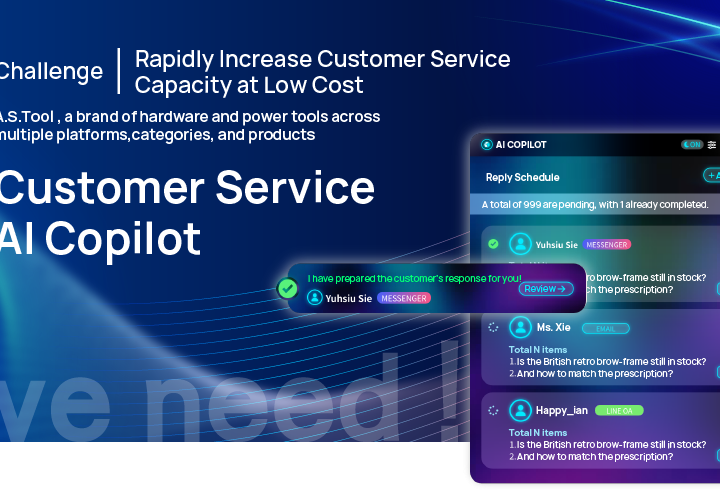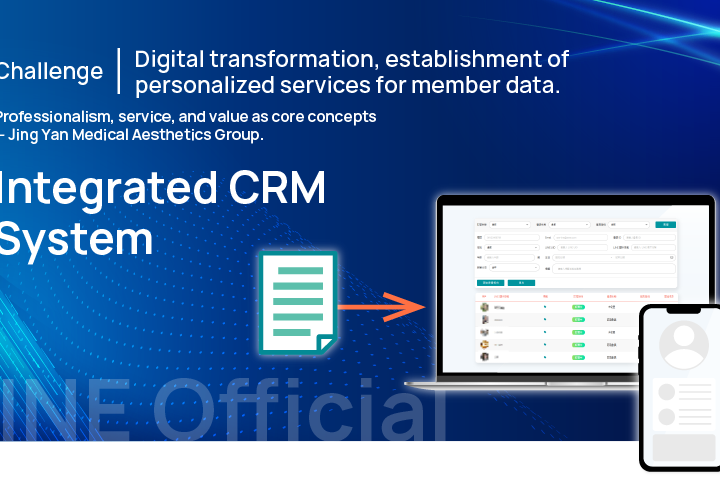【Technical Research】AI Can Also Handle Open-Book Exams: RAG
Imagine an AI system that can thoroughly understand human language and provide precise answers to all types of questions, even possessing near-omniscient knowledge—this is our ideal vision for Large Language Models (LLMs). However, in reality, AI’s knowledge scope still has notable limitations. Especially when tackling cross-disciplinary or ambiguous questions, the model may give confident but inaccurate answers.
The primary reasons for AI’s inaccuracies often include:
– Lack of relevant information in the training data, such as asking a medical-focused AI about construction safety regulations.
– Questions with time-sensitive elements that extend beyond the model’s data range, like answering 2024 news questions with 2023 training data.
As AI expands from everyday applications into more specialized fields, how to continuously broaden AI’s knowledge base and ensure response accuracy has become a key focus across industries. Retrieval-Augmented Generation (RAG) is an innovative solution emerging to meet this need.

RAG: AI’s “Open-Book Exam”
Retrieval-Augmented Generation (RAG) technology enables AI to “flip through the pages” of external sources (like websites or specialized databases) when training data is insufficient or when questions are time-sensitive. It’s akin to a student looking up answers in an open-book exam—when AI encounters knowledge gaps, RAG helps it search for the latest relevant information, enhancing the model’s depth and accuracy in responses.
RAG not only boosts AI’s ability to handle unfamiliar topics but also makes it more adaptive and intelligent in dealing with dynamic information. By querying external data, AI can quickly respond to a wide range of new issues as time progresses.

RAG: AI’s “Open-Book Exam”
Traditional AI relies on fixed training data, limiting its flexibility in cross-disciplinary applications. With the development of RAG technology, AI is no longer confined to static datasets but can seamlessly integrate real-time data. This advancement significantly enhances AI’s value across various professional fields, such as medicine and law, making it an increasingly indispensable intelligent support tool.
Powered by RAG, future AI systems will evolve from static, “trained” models into adaptive, continuously learning intelligence frameworks capable of responding to dynamic needs. This positions AI as a highly efficient assistant, able to adapt flexibly to changing information and contexts.














